Let’s break down what you’re really getting into financially when you decide to live in an RV full-time. Starting with the big ticket item, buying the RV itself. The cost can range wildly based on whether you’re opting for brand new, used, or even the type of RV.
Think anywhere from $10,000 for a small used travel trailer to well over $250,000 for a luxury motorhome. Just like any other vehicle, your RV will depreciate in value over time. Be mindful of this when buying, especially if you’re considering financing.
A new RV will depreciate at least fifteen percent in the first year. So if you spend one hundred thousand, at the end of the first year, it will be worth eighty-five thousand. In year two it will depreciate five to ten percent. And so the trend goes.
Buying a New or Used RV
In the first year, if you put down ten thousand on that new RV and finance ninety thousand, at the end of the first year, you would already be five thousand in the hole. With each year the level of being upside down would increase.
Please keep in mind that new RVs are not an increasing asset but a decreasing one. Pam and I would advise to purchase a used RV to reduce the depreciating asset problem. If money is not an issue and you can be happy with losing that much value in an RV, then by all means by a new one. We have bought several used RVs starting out in our full time RV life.
Insurance and Maintenance
Insurance and registration aren’t areas you want to skimp on. RV insurance can be pricey compared to regular car insurance, especially for motorhomes. But it’s necessary since it covers not just driving accidents but also your living quarters when parked. The same goes for registration fees, which can vary from state to state. Make sure you know these costs upfront.
Maintenance and repairs are unavoidable on the road. Whether it’s regular engine check-ups, roof leaks, or brake replacements, keep a budget for these unplanned expenses. A good rule of thumb is to set aside a few thousand dollars a year for maintenance. Regular DIY maintenance can save money, but sometimes you have to call in the pros.
So, before hitting the open road, make sure you’ve fully understood and budgeted for these costs. It saves a lot of headache down the line and keeps the adventure enjoyable.
Monthly Expenses: What to Expect
Living on the road comes with its own unique set of monthly expenses. Fuel might be your biggest variable cost. The more miles you cover, the more you’ll spend. Keep an eye on fuel prices and factor in the type of terrain you’ll be navigating. Hills mean more gas, my friend.
Next up is campground and RV park fees. These can range from $15 a night at state parks to upwards of $65 at popular tourist spots.
A monthly rate is usually better if you stay put for a while. For example, Pam and I are currently staying in an RV park that costs $65/night. But the monthly rate is $1,200/month. That’s $40/night for a nice RV park. That is a much better deal if you spend a month in one location.
Check with the RV park you desire to stay at when booking a reservation. Not all RV parks list weekly or monthly rates on their website. You have to call and ask if they offer those options.
Utilities and propane are another monthly cost to budget for. Many campgrounds include some utilities in their rates, but you’ll often pay extra for electricity, especially if you’re running your AC. Propane costs can pile up too, especially during colder months for heating.
A travel trailer in the winter can burn through a thirty-pound propane tank in a few days to even one day, depending on how cold it is and how warm you want to be. That can cost twenty-five to thirty dollars to refill!
Food and groceries are pretty similar to what you’d spend living in a home, but with less storage space, you might be making more frequent grocery runs. It’s a good idea to cook more often to save money compared to eating out frequently. Stock up on non-perishables when you find a good deal, but consider the extra weight you are loading into the RV.
Finally, there’s the internet and communication. Reliable internet is a must if you’re working from the road. Many RVers use mobile hotspots or satellite internet, which can get pricey. Research your options and choose a plan that suits your data needs.
Saving Money on the Road
Boondocking, or dry camping on public lands, can significantly cut your living costs. This means no campground fees, and you can stay in some incredible locations for free. Make sure your RV is equipped to handle days without hookups. Solar panels and a good generator can be lifesavers.
Fuel efficiency tips can have a huge impact on your overall expenses. Keep your speed steady, avoid sudden accelerations, and maintain tire pressure to get the best mileage. Plan your route to avoid backtracking and unnecessary detours.
Pam and I spend a fair amount of time planning our travel routes. We want to avoid challenging road conditions, low bridges, and traffic. We also look for discount fuel locations on the routes we choose. I also hold my speed a little below the listed limits for the safety and control of our large RV. Truckers do not like RVers, and you don’t want to mix it up with them!
Picking up seasonal jobs or pursuing remote work can not only fund your travels but enrich your journey with new experiences. Many RVers find gigs at national parks, campgrounds, or even working harvests. Remote work, on the other hand, offers flexibility but requires a reliable internet connection.
Discount memberships and clubs, like FMCA, Passport America, or Good Sam, can provide substantial savings on campground fees, fuel, and even RV supplies. Look into these memberships and see which ones align best with your travel style.
DIY maintenance can save you a ton. Learning basic RV repairs and maintenance tasks can keep you from having to fork out cash to mechanics for every little thing. YouTube is full of tutorials on everything from fixing leaky faucets to understanding your RV’s electrical system.
I became a registered RVIA RV technician through the RV Technical Institute. A lot of their training can be done online, which can help with quick repairs and keep you enjoying the RV life instead of breaking down.
Financial Planning and Emergency Funds
Setting up a budget is vital for full-time RV living. Track your income and expenses meticulously. Use budgeting apps or even a simple spreadsheet to keep everything organized. This helps you identify areas where you can cut back if needed.
Tracking your expenses on the road is slightly different from static living. Keep every receipt and note every expenditure, from fuel costs to the occasional souvenir. This gives you a clear picture of where your money is going and helps you stay within your budget.
If your budget is tight, how about running a small business from your RV home? Pam and I have been doing that since 2014; the results have been exciting!
Building an emergency fund is crucial. Unexpected expenses like vehicle repairs, medical bills, or occasional hotel stays can throw a wrench in your budget. Aim to set aside at least three to six months’ worth of expenses for these unexpected moments.
Health insurance and medical expenses are often overlooked. Traditional insurance might not cover you as extensively while traveling. Research health plans designed for full-time travelers or RVers to ensure you’re covered no matter where you are.
Long-term financial planning shouldn’t take a backseat just because you’re on the road. Think about retirement savings, investments, and other financial goals. Regularly review and adjust your financial plans to adapt to your nomadic lifestyle.














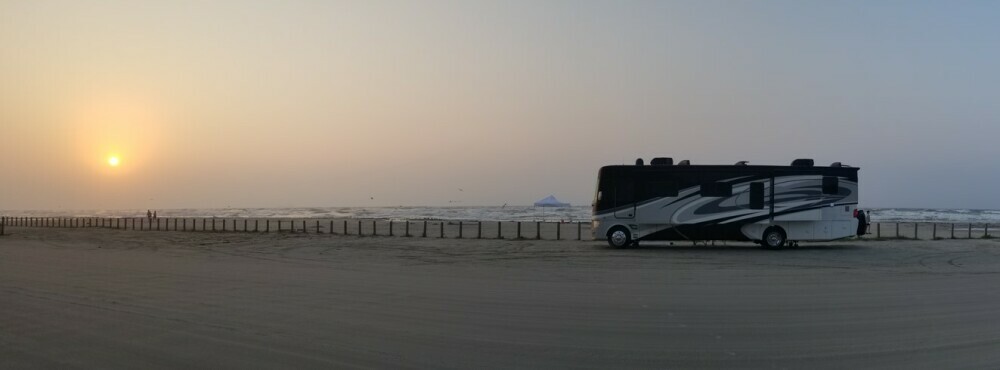
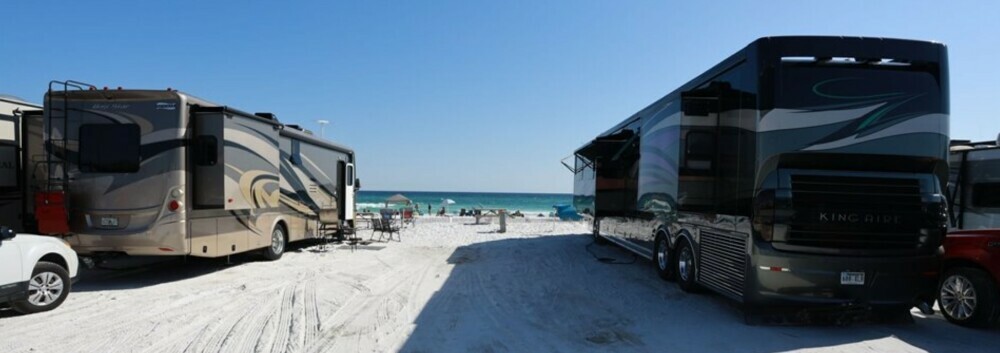
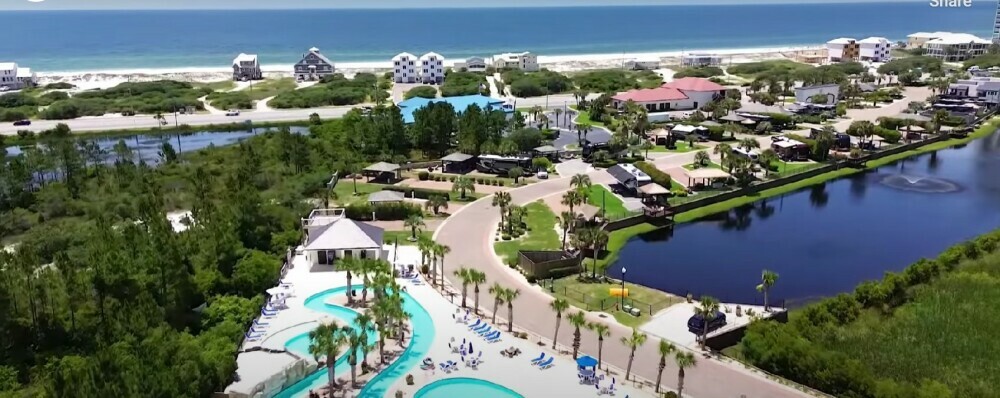
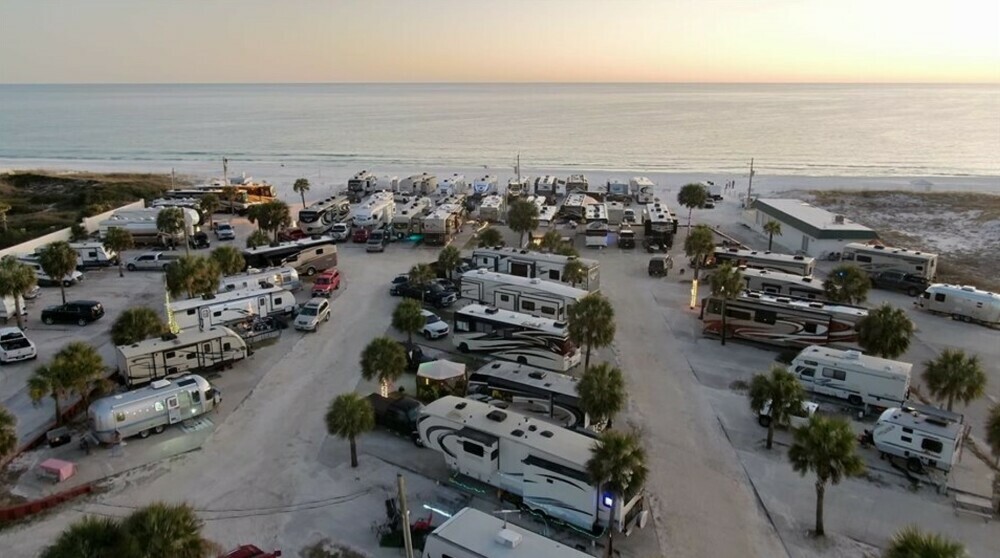
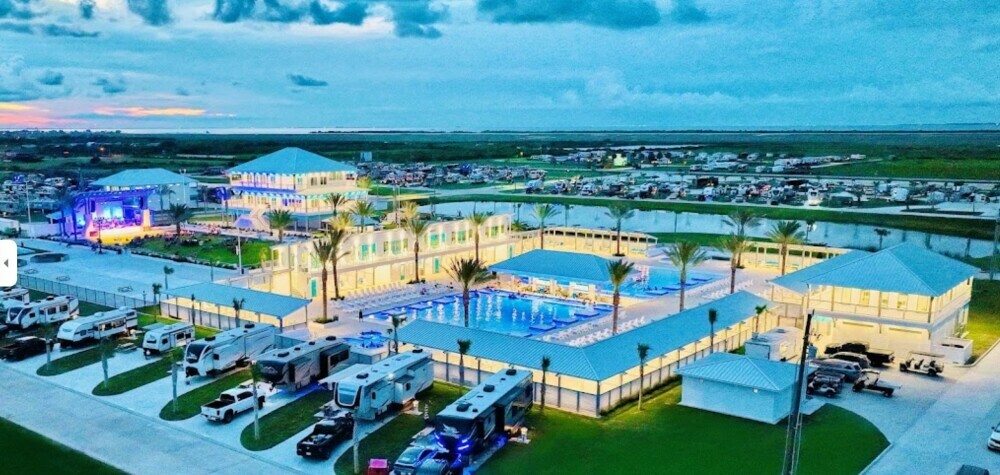

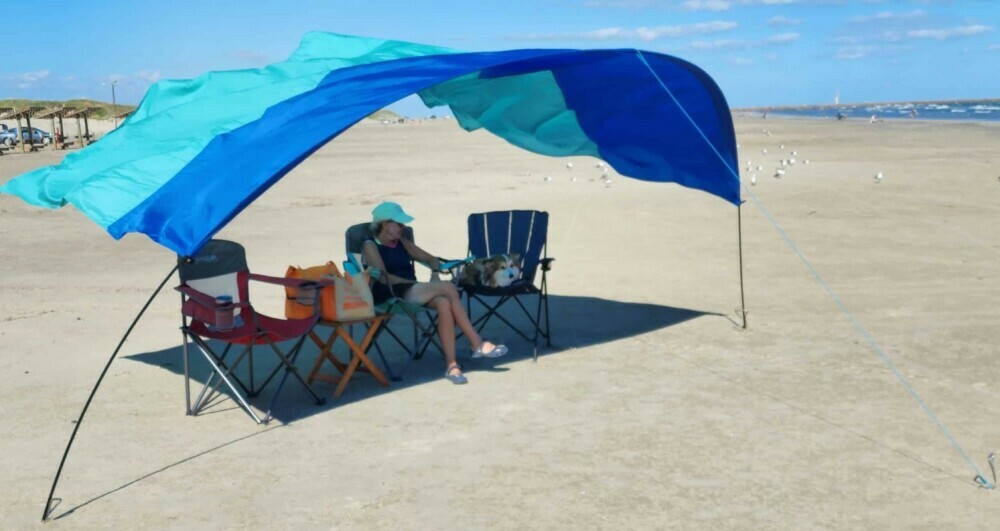
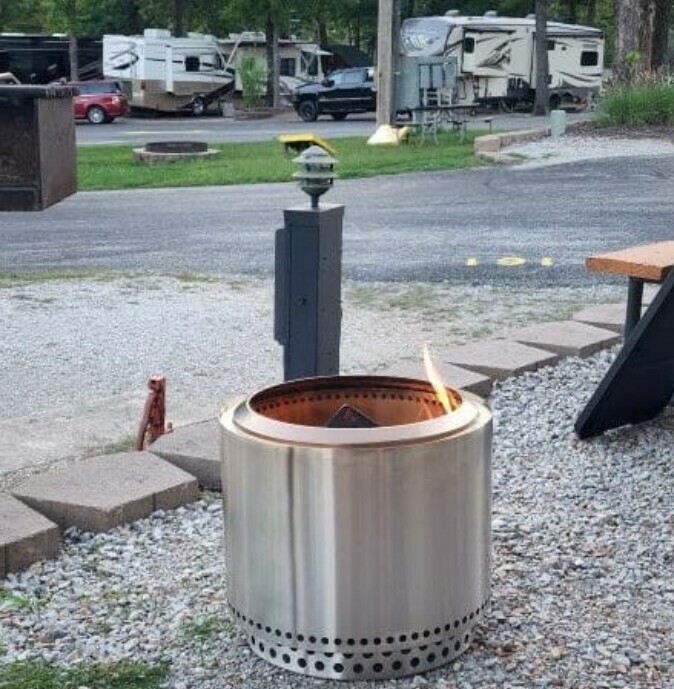


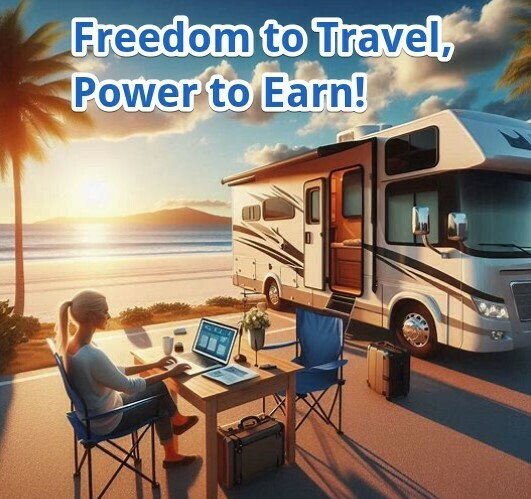






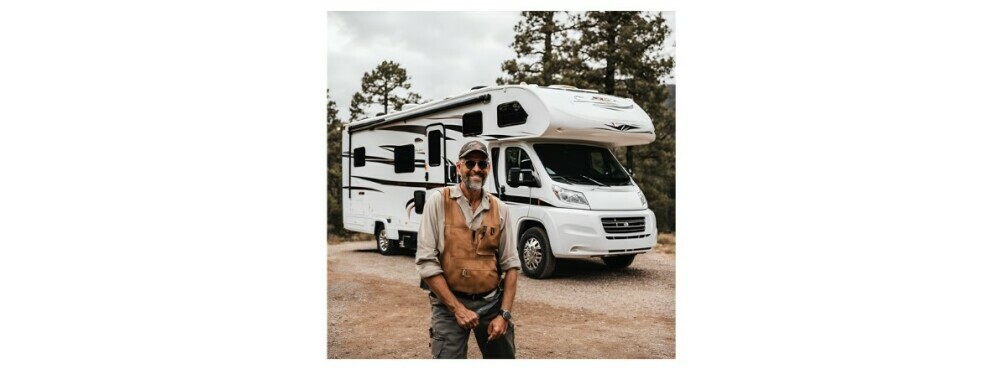




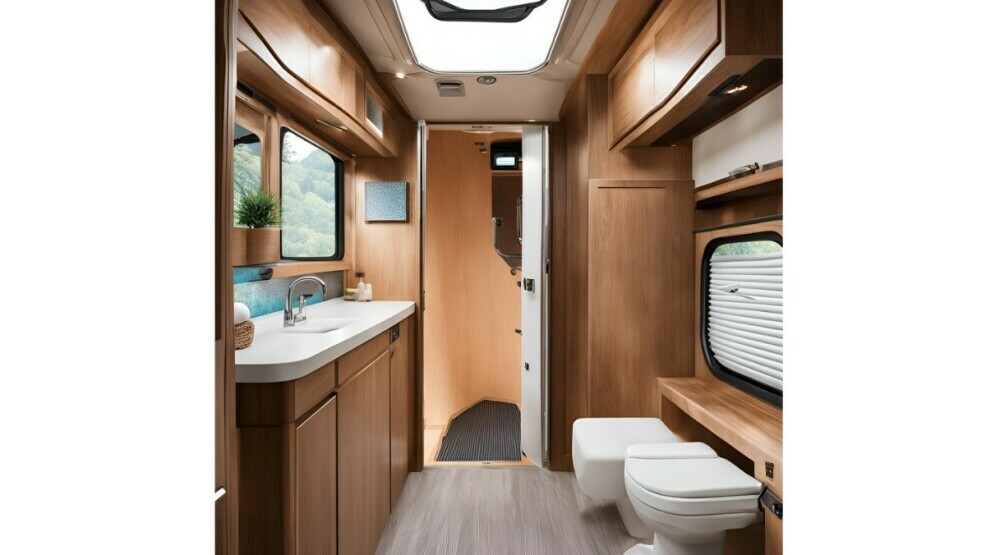
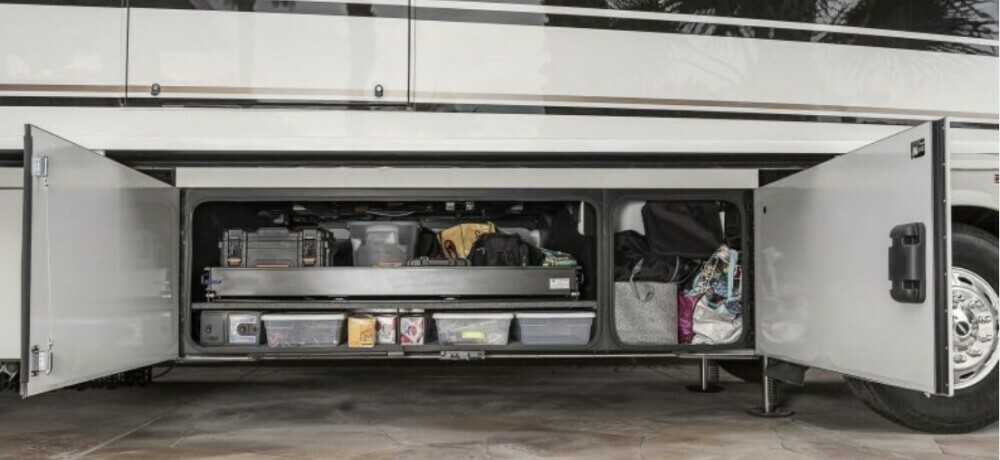
 saves space and
saves space and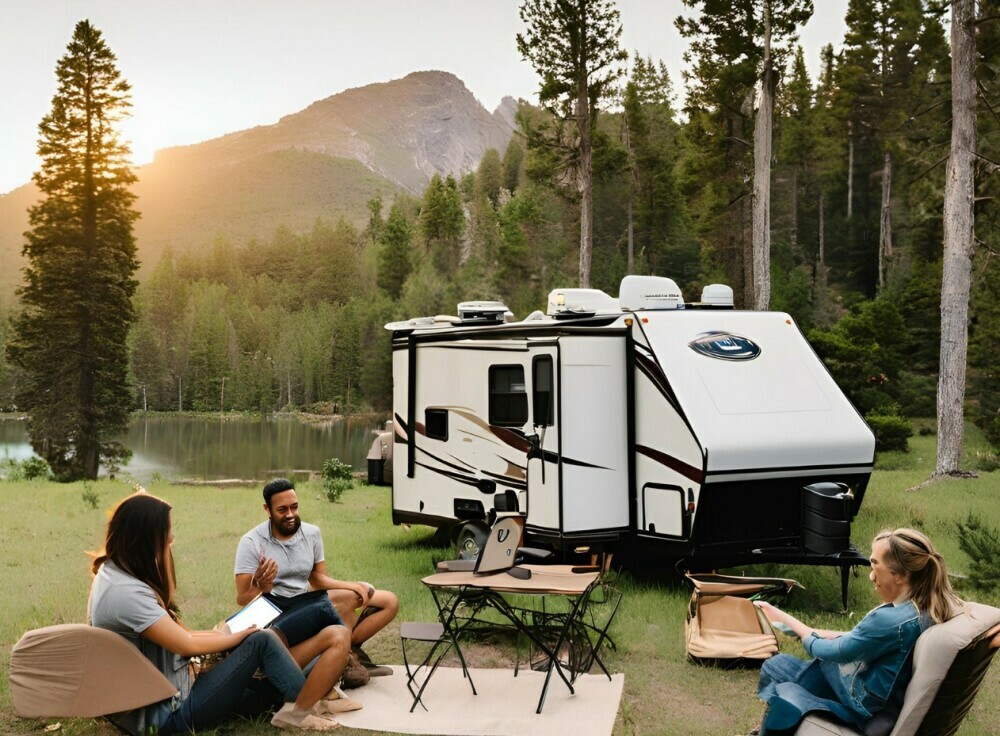


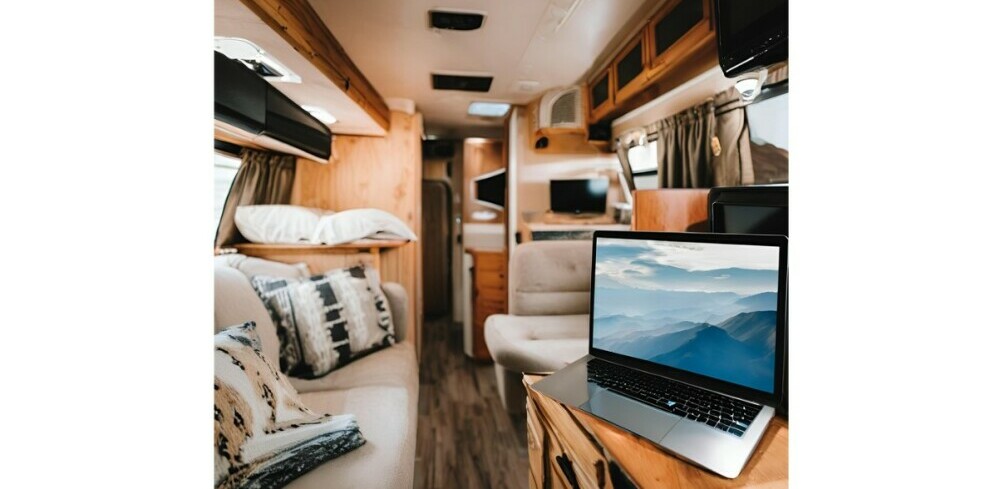

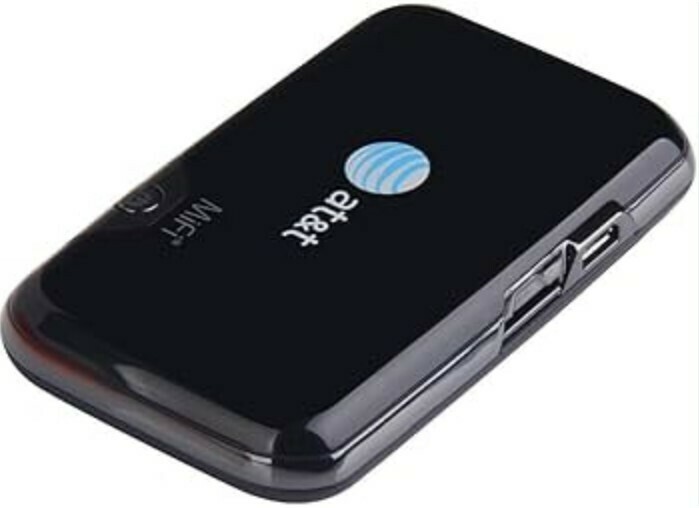
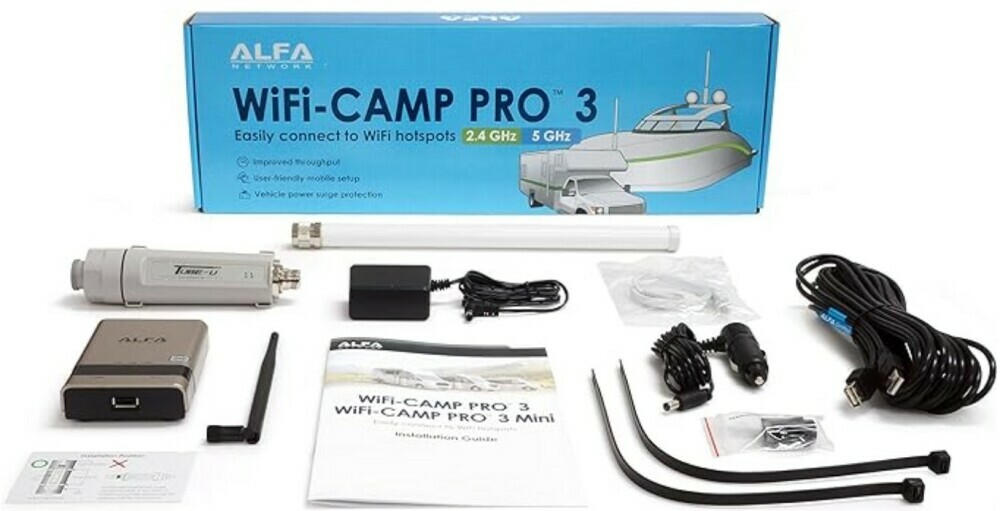
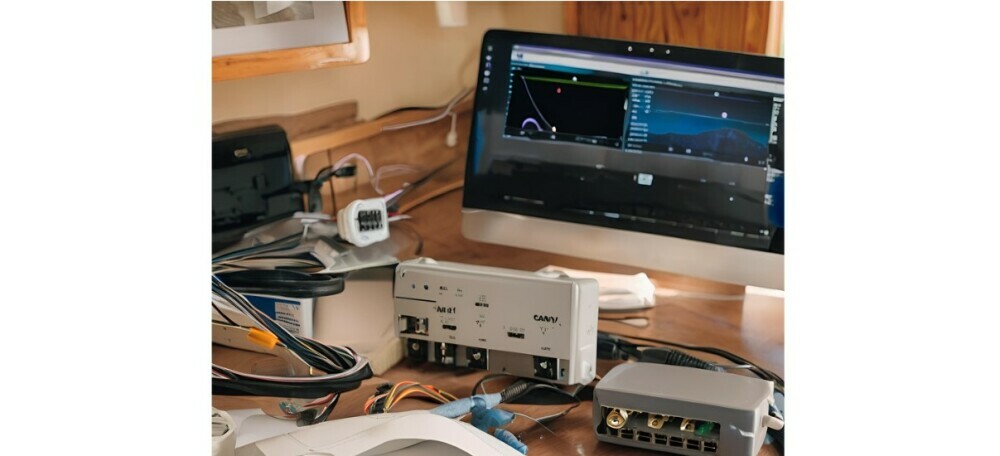


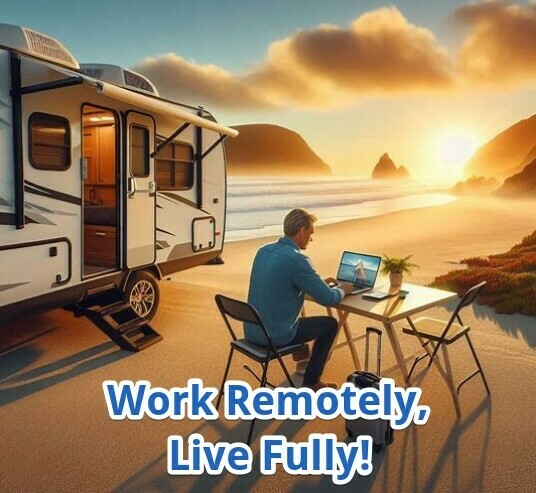


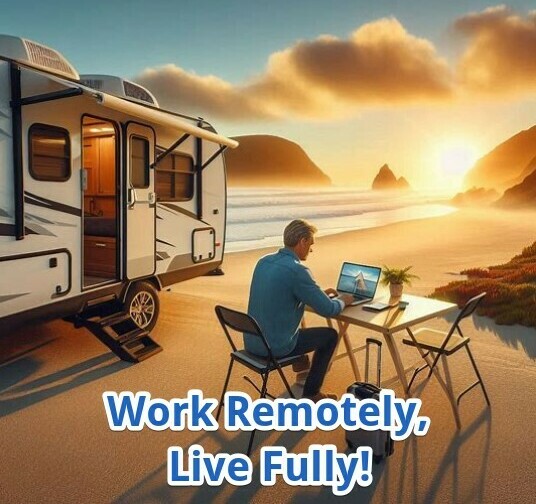





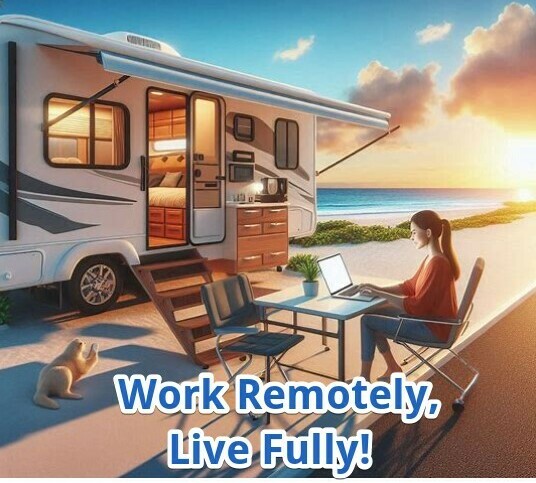



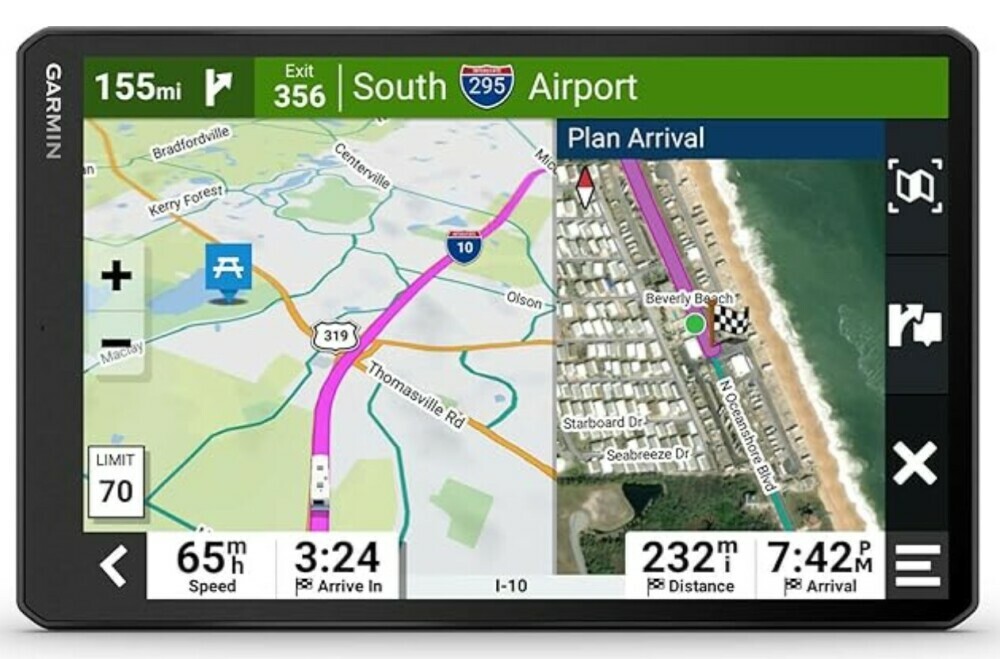
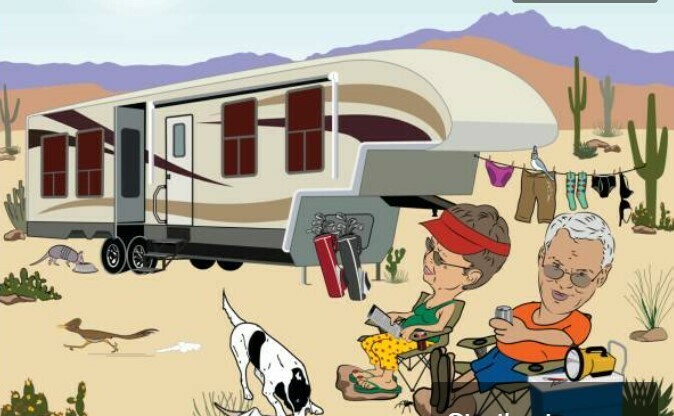
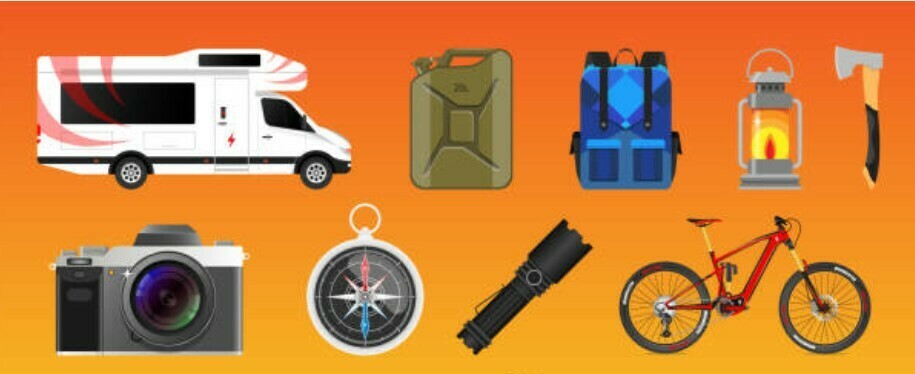
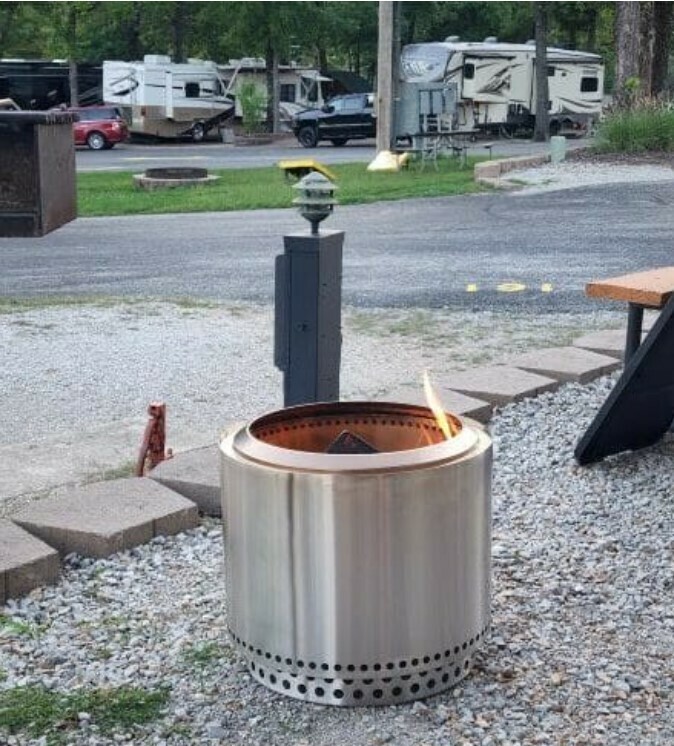

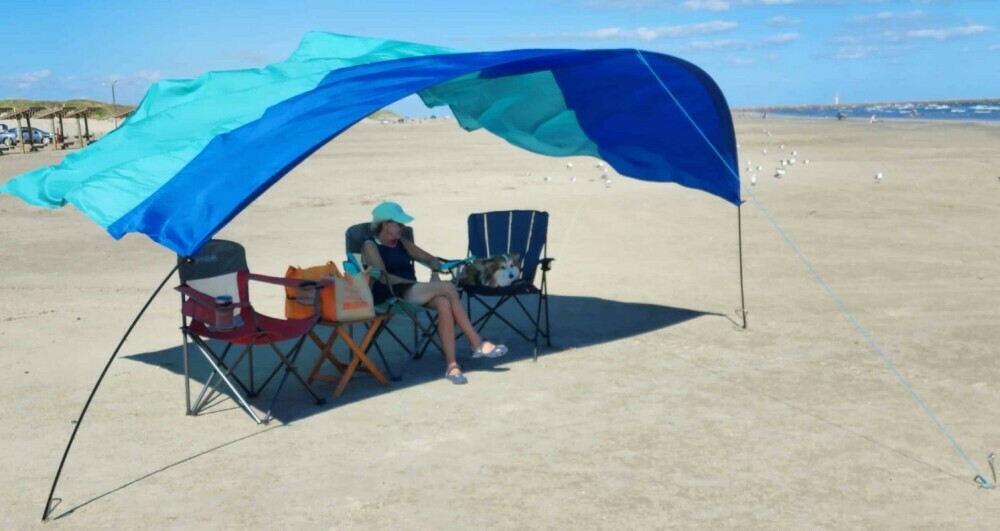
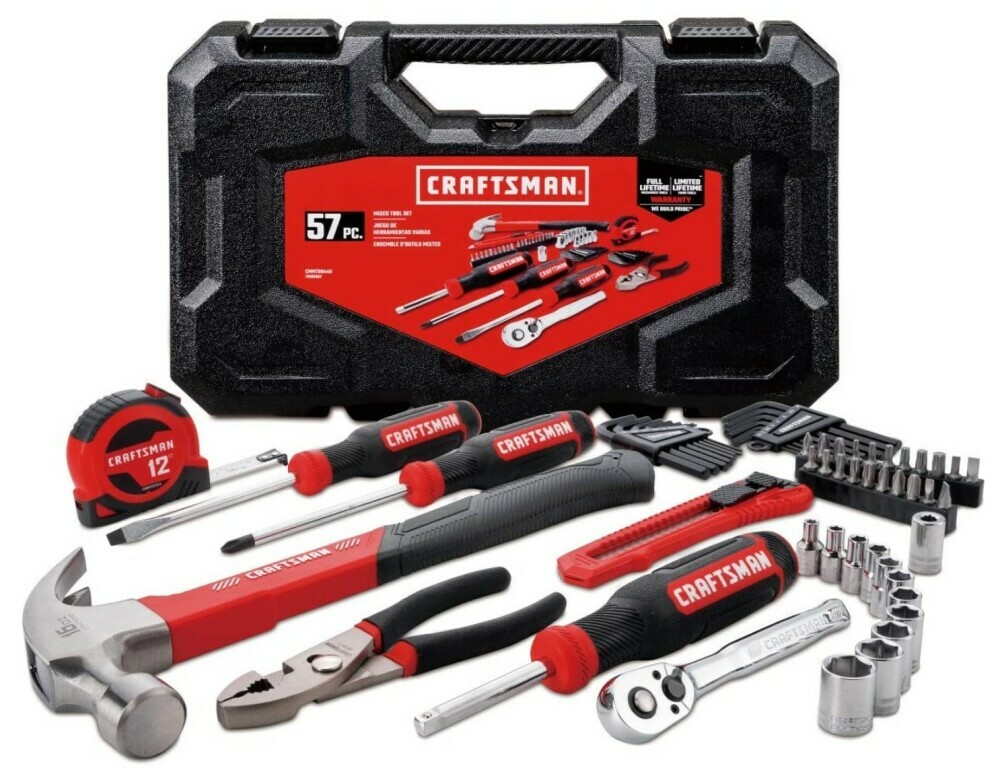
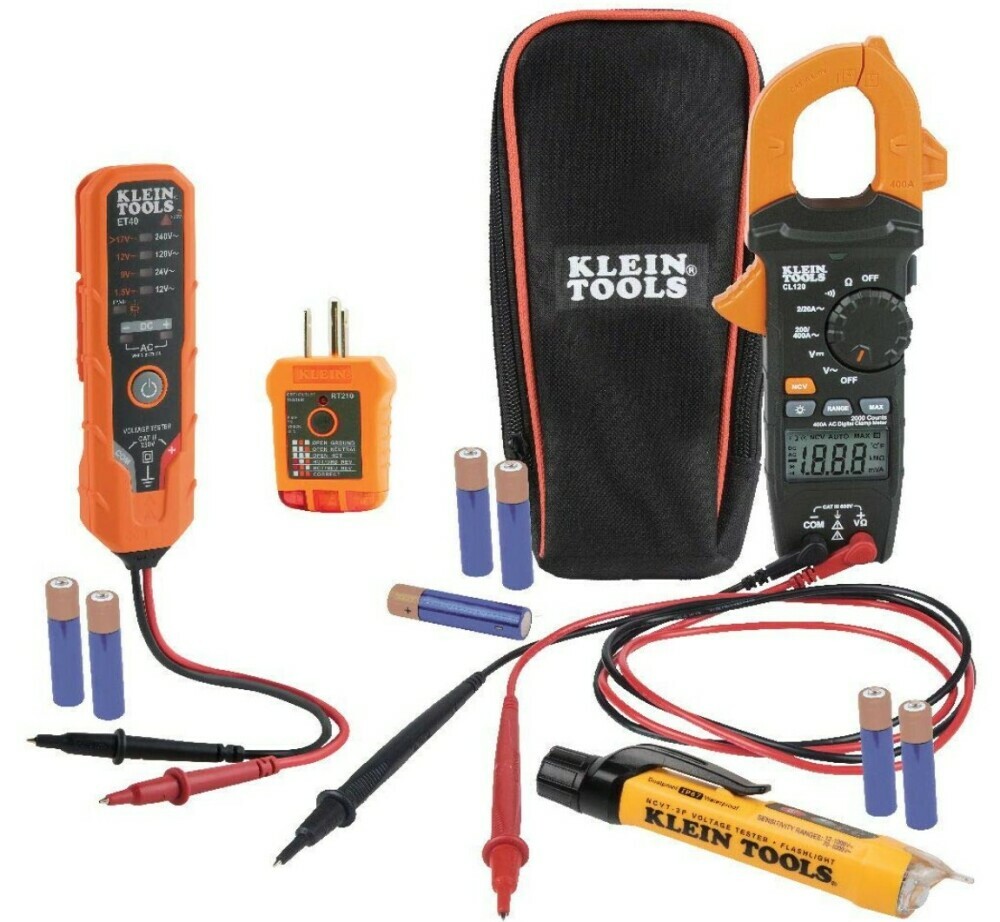
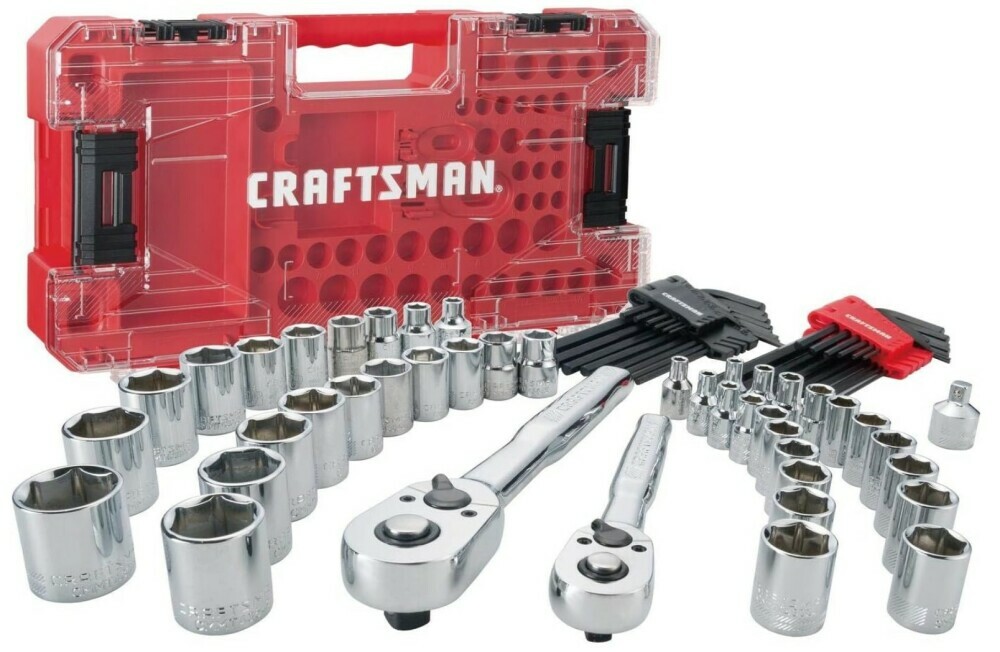
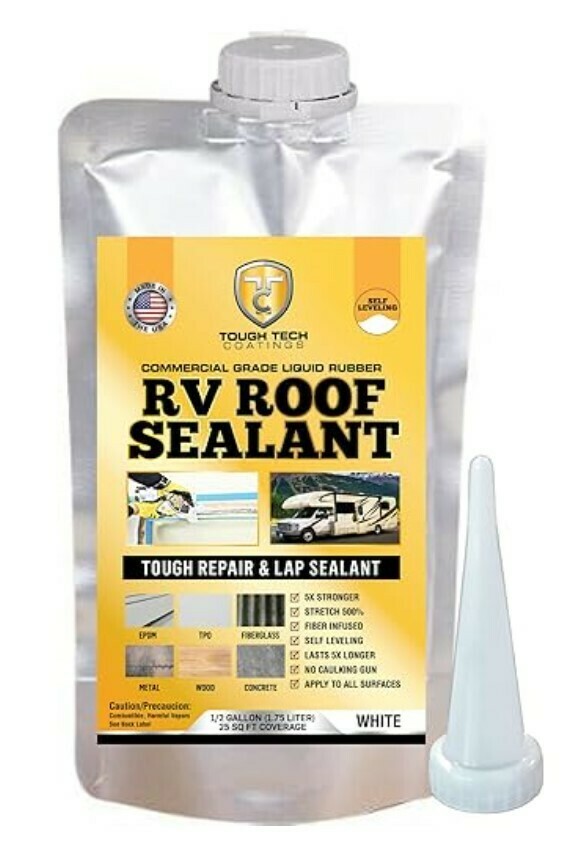
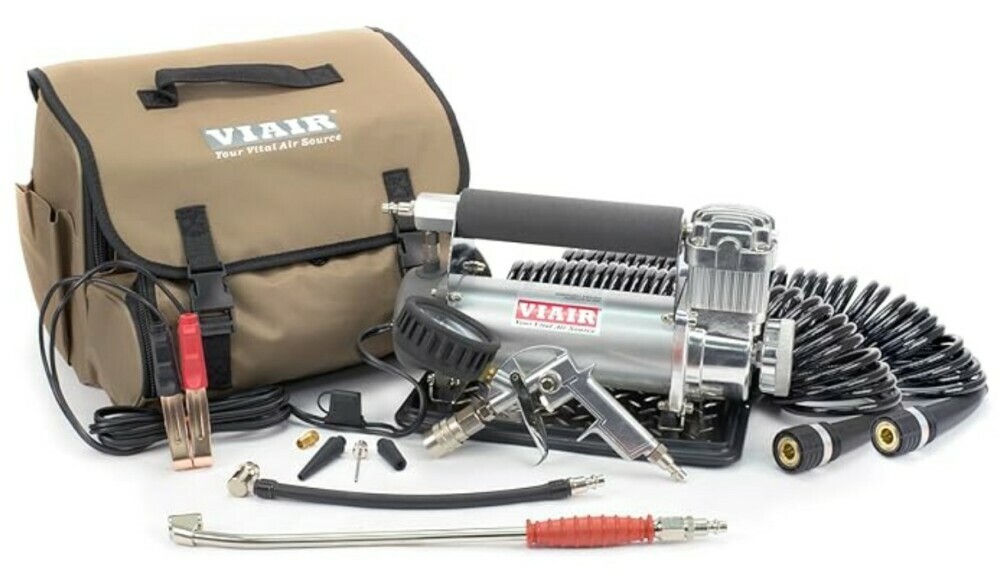
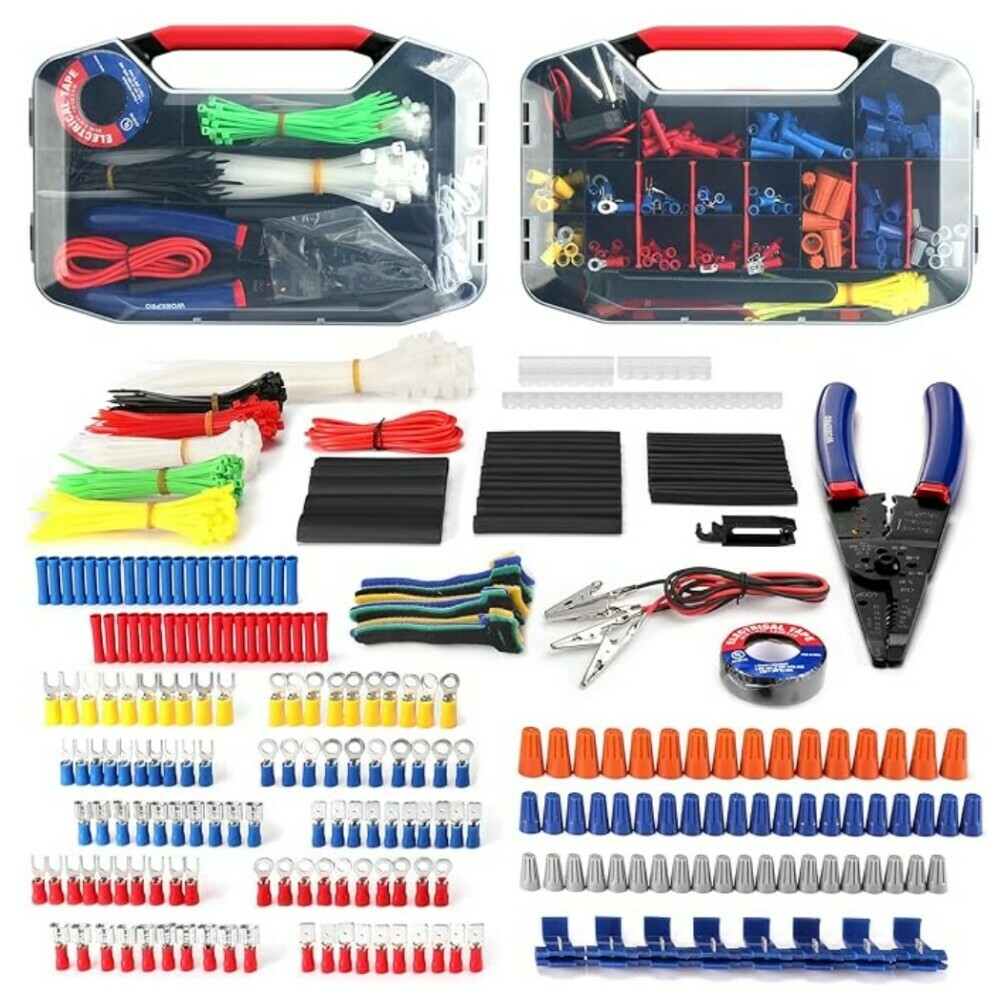
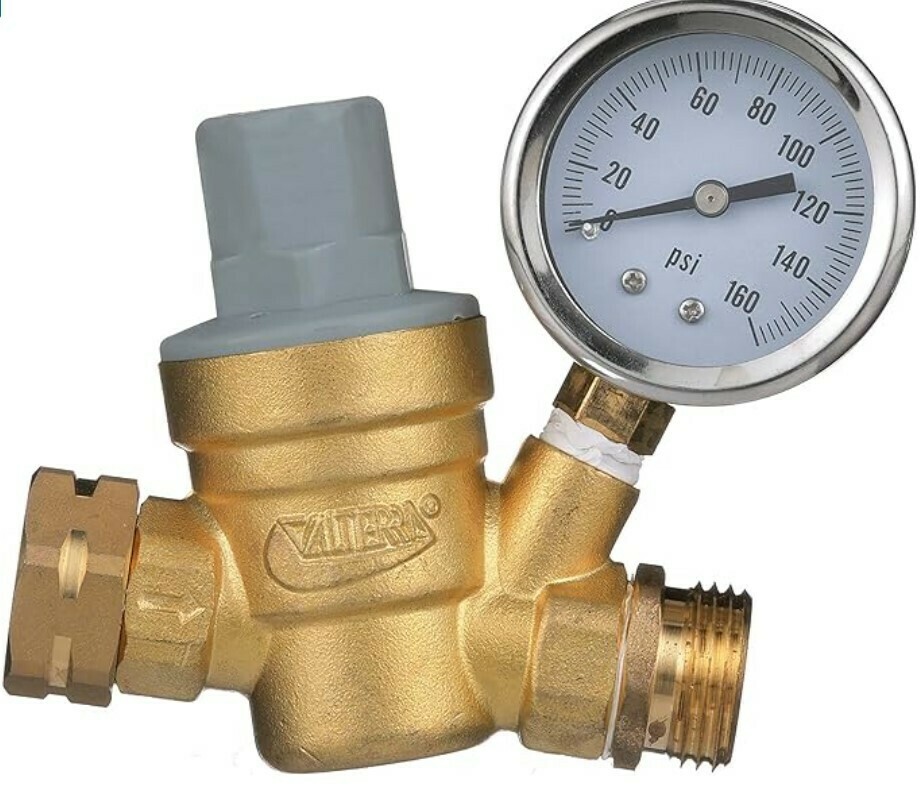
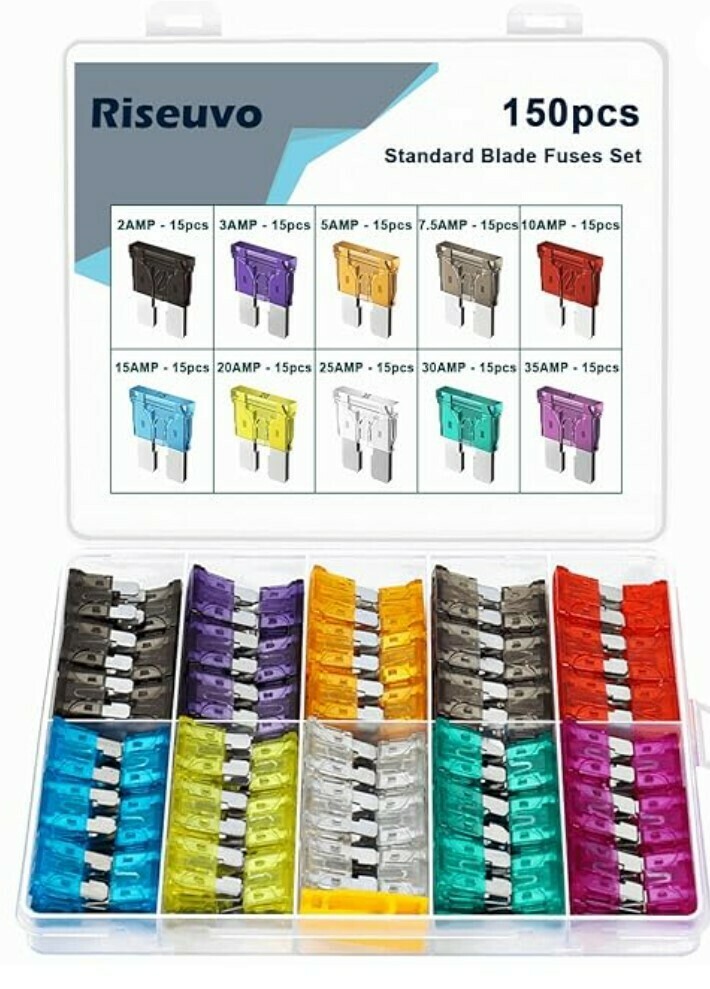
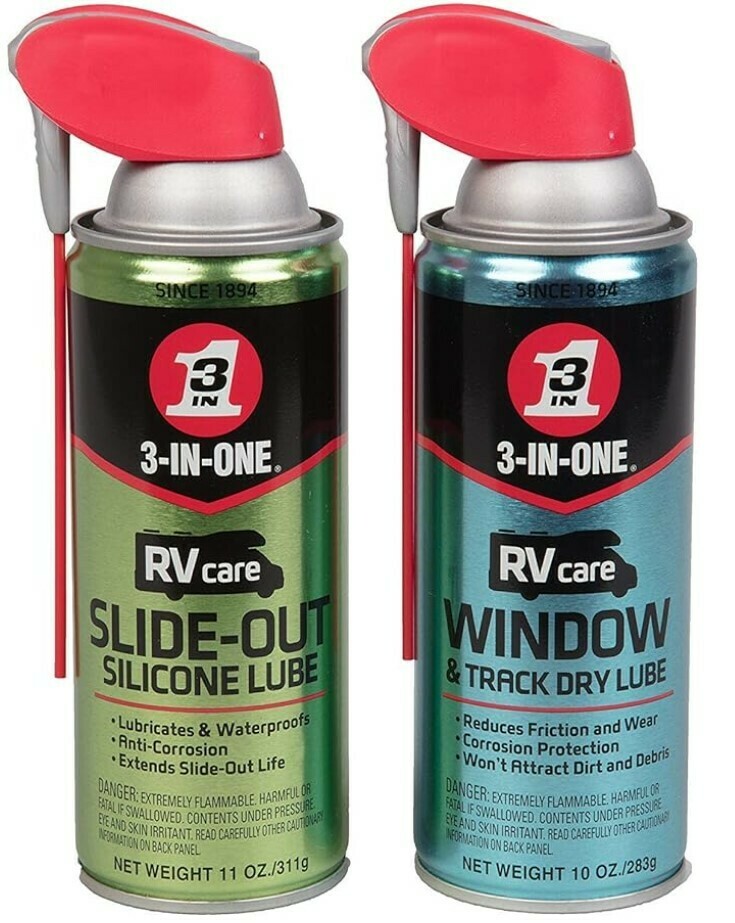

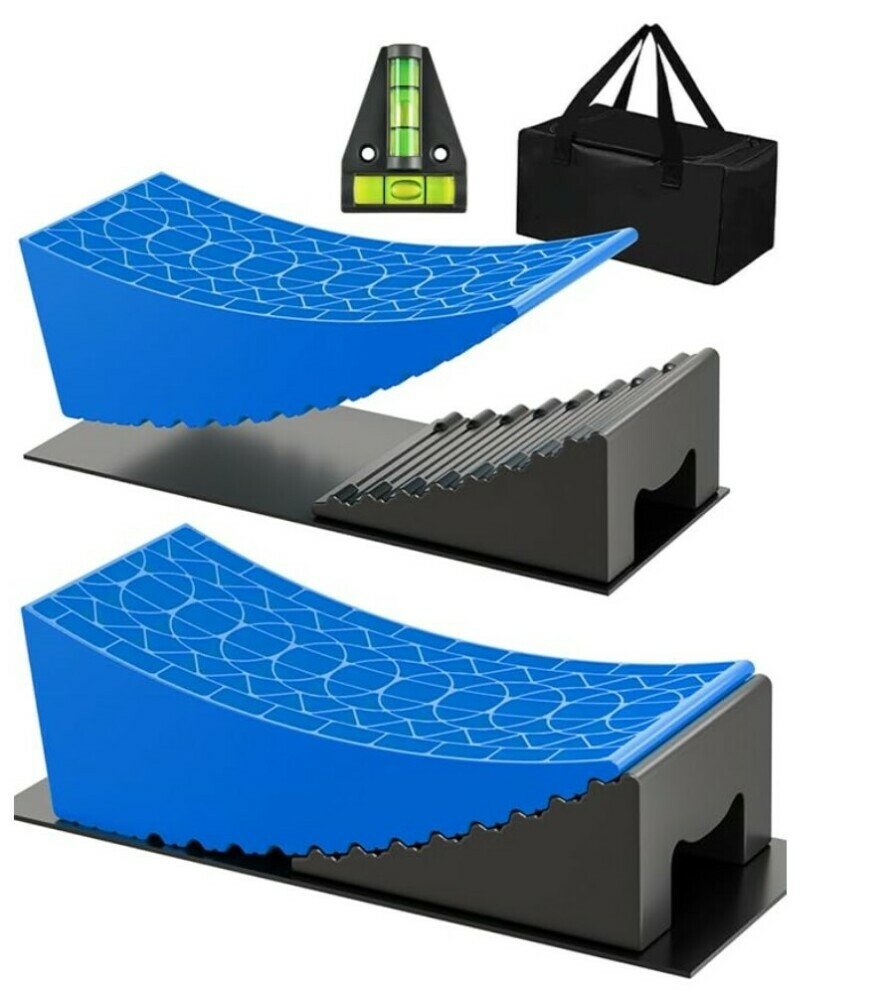
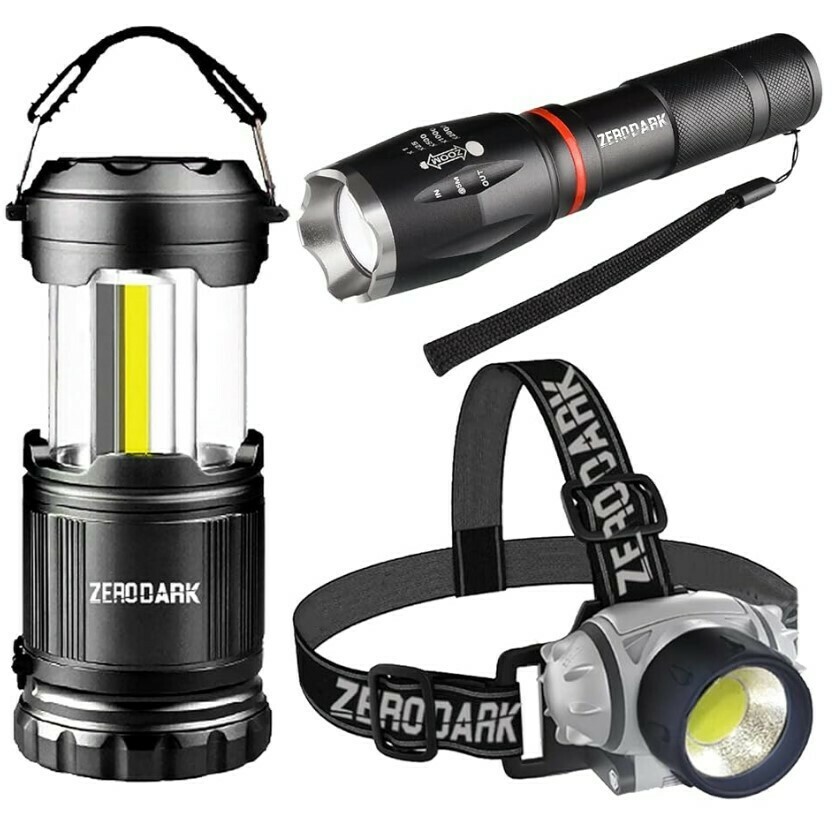


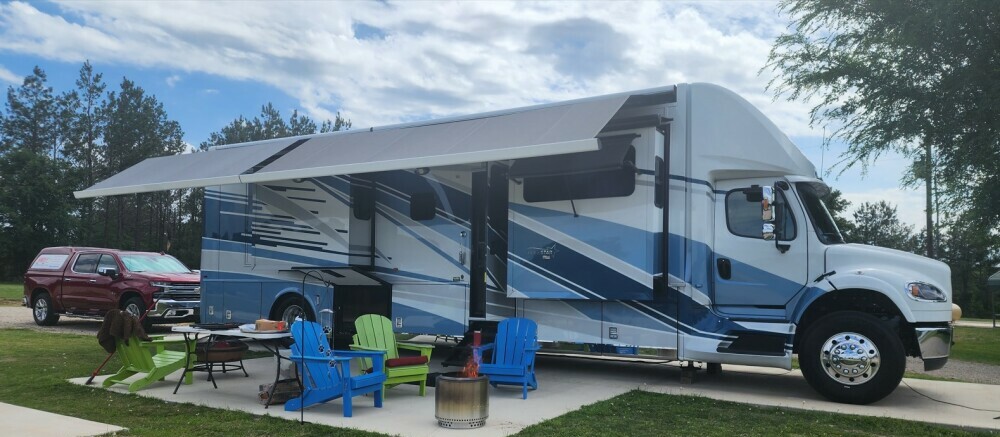

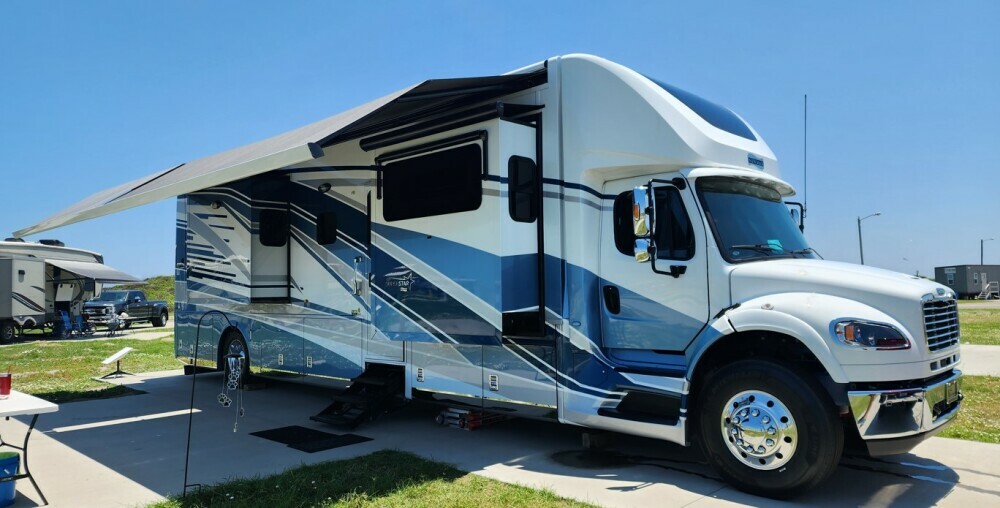
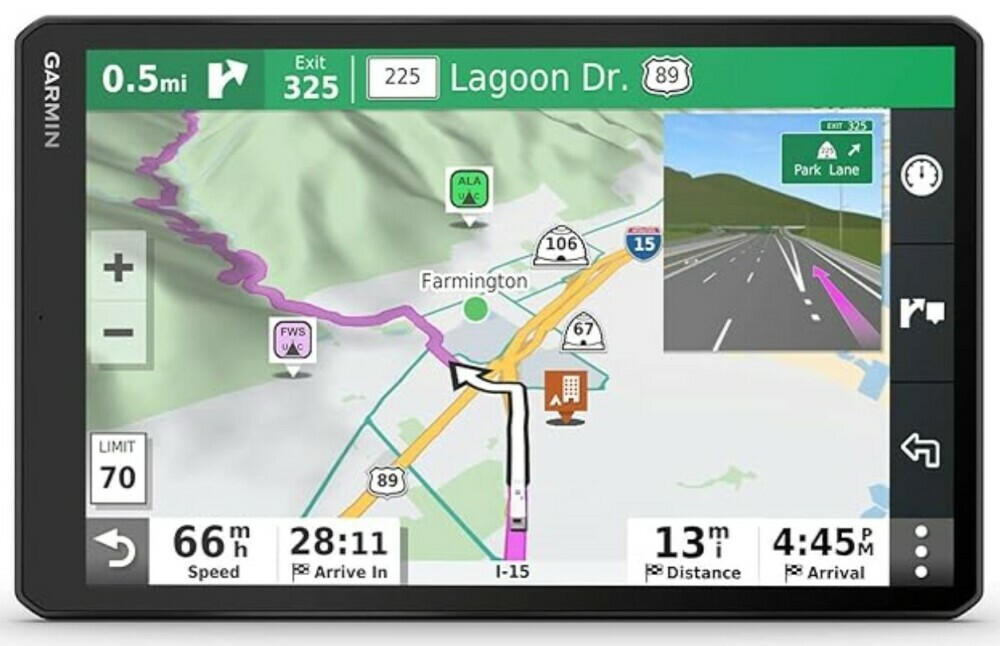
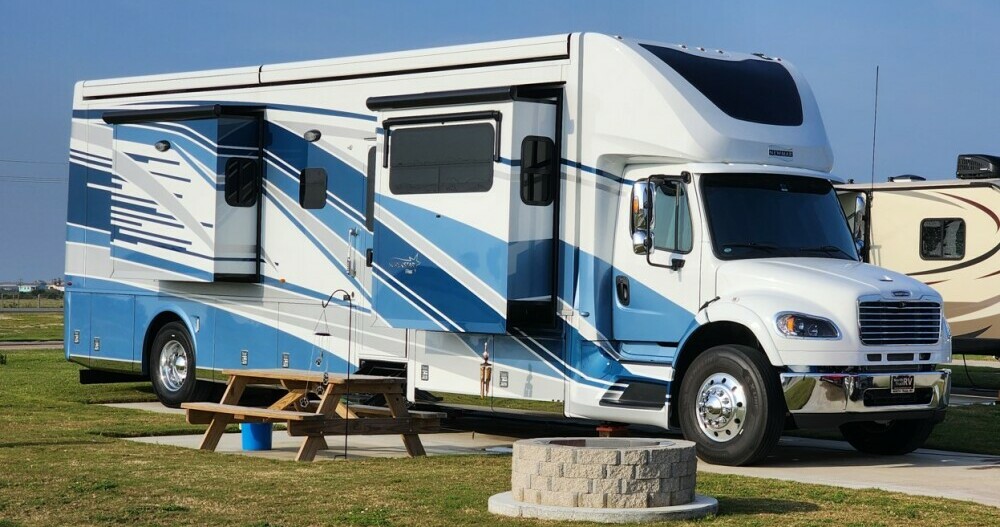
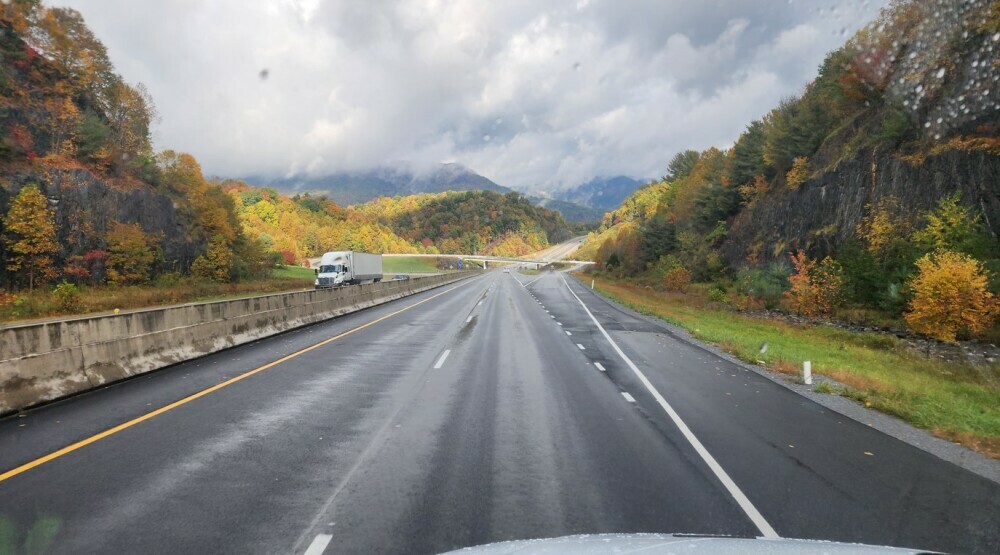
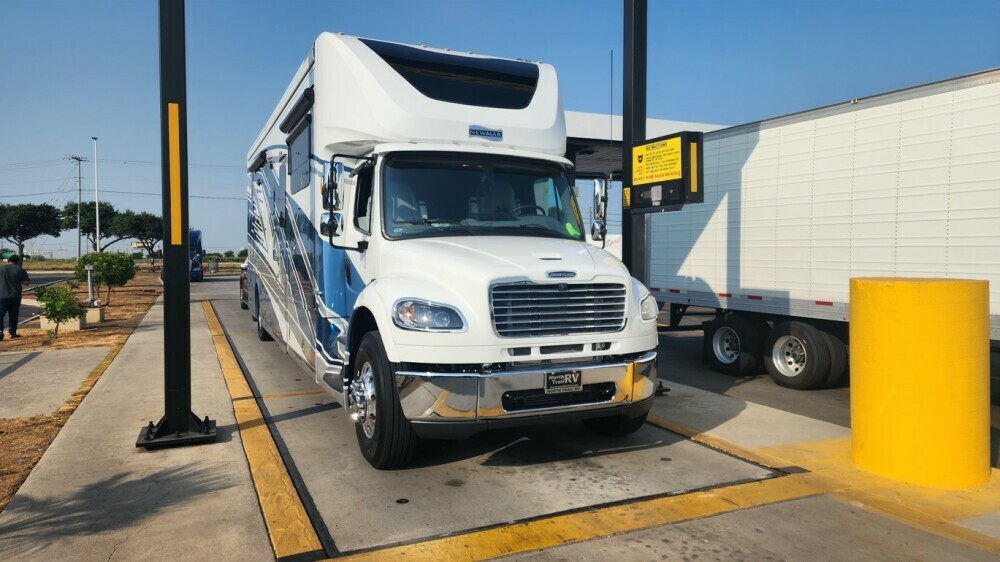
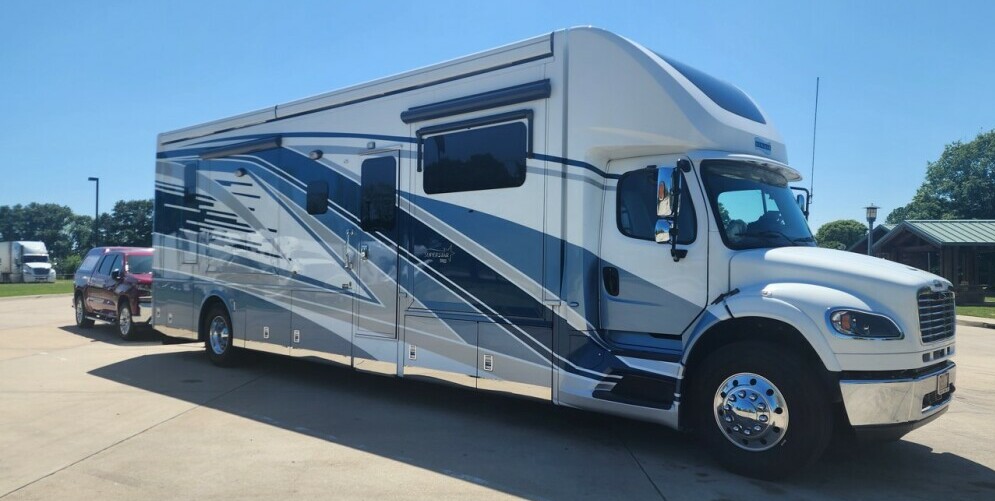
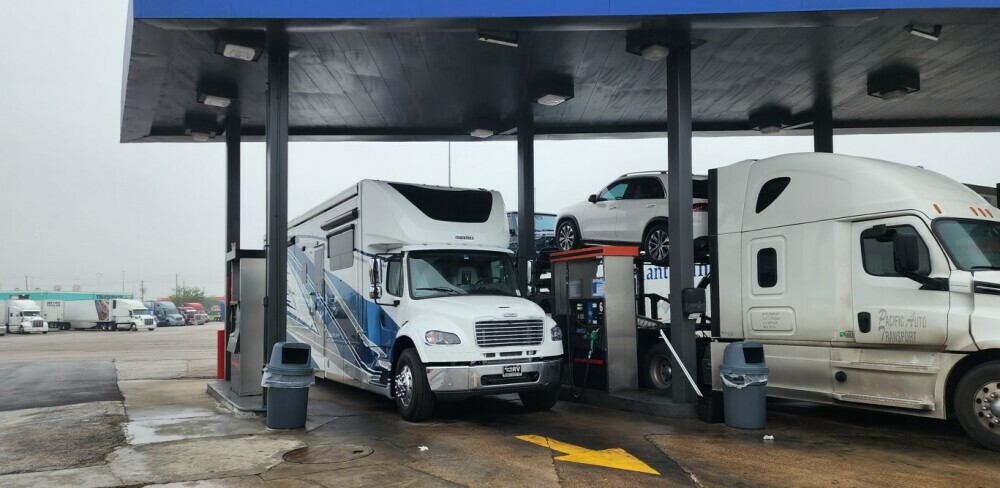
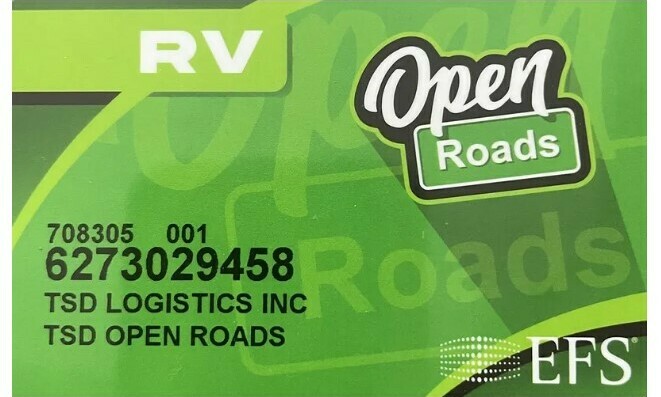

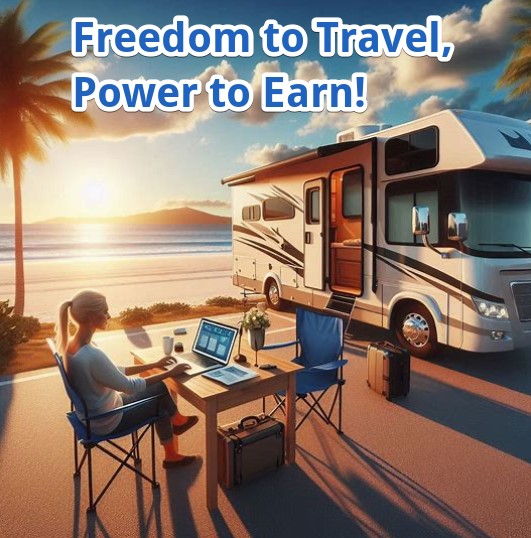


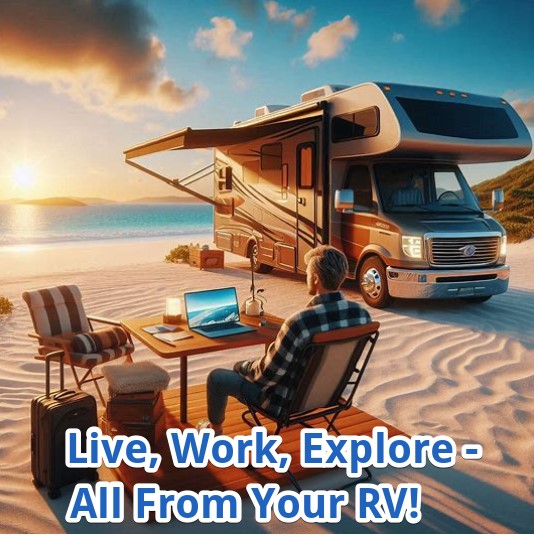
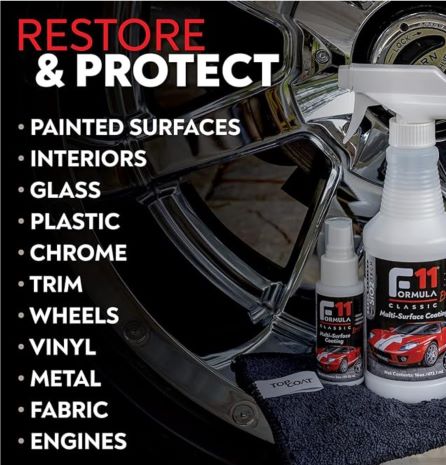
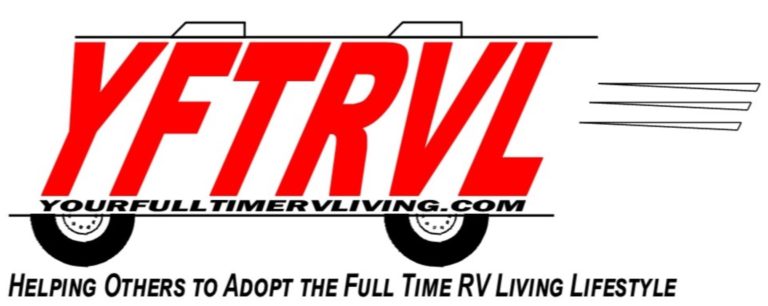



Recent Comments